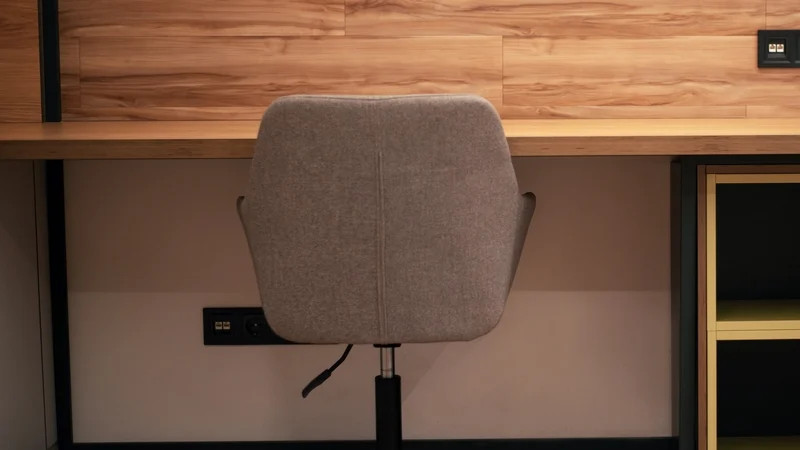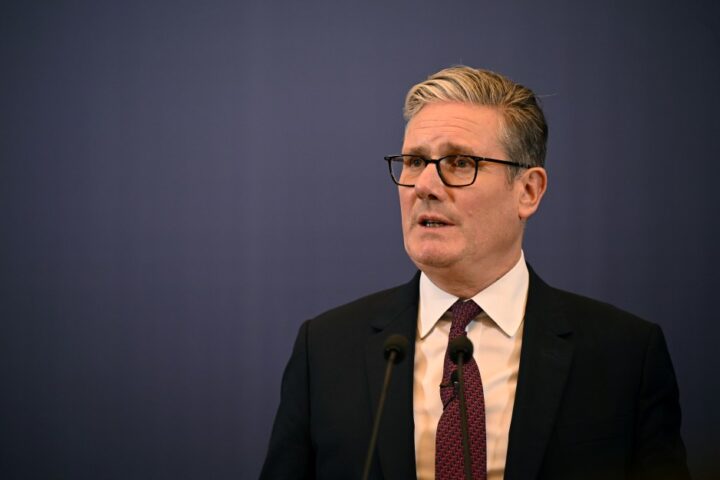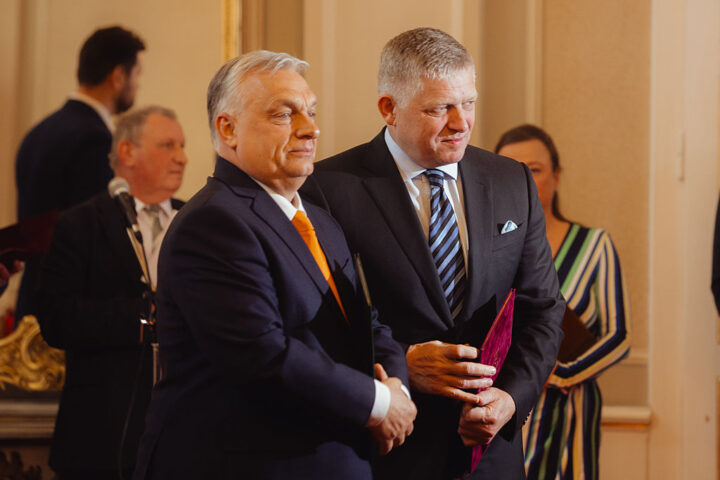Analysis: One of the main factors driving the demand for micro-retirement breaks is the employee’s desire to achieve a better work-life balance
This article is now available above as a Brainstorm podcast. You can subscribe to the Brainstorm podcast through Apple Podcasts, Stitcher, Spotify or wherever you get your podcasts.
The workplace is not immune to the emergence of new trends. The past year alone can attest to this, especially when one considers the discourse surrounding quiet quitting and coffee badging. In 2025, the concept of micro-retirement has emerged and is gaining traction, with increasing number of workers embracing it, particularly among Gen Z and Millennials.
A micro-retirement occurs when an employee decides to take time off work, whether for a few months or a year. This is, of course, not a wholly new concept. Many of us may already be familiar with the idea of taking a sabbatical or a career break. The term ‘sabbatical’ is derived from the Sabbath year, originating from the Book of Leviticus, where it was instructed that the land must be left fallow every seventh year to allow it to recover and regenerate, thereby enabling new growth for future years.
A micro-retirement is based on the same principle, allowing individuals the opportunity for renewed growth and essentially a chance to recharge. Although there is no empirical evidence to date, it does appear more workers are availingof micro-retirement.
This raises the question of what is driving this trend. While several factors may contribute to it, one of the main drivers is the desire to achieve a better work-life balance. A 2022 Gallup report indicated that 65% of Gen Z and Millennials place greater importance on work-life balance and personal well-being and are unwilling to sacrifice their work-life balance for their career.
This significance placed on an individual’s work-life balance over factors such as financial gain and career progression is reflected in research we’ve undertaken at the Kemmy Business School’s WorkFutures Lab. When asked about career advancement and ascending the leadership ranks, over 550 future leaders said the primary deterrent in stepping up to lead is the negative impact on their work-life balance.
There is a consensus that to be effective and successful in senior roles it requires long hours, and many are not prepared to sacrifice their work-life balance for this. The phrase “is the juice worth the squeeze?” sums up the trade-off between advancing in the organisation and maintaining a happy work-life balance. In essence, moving up is not worth it, nor is the personal cost it can extort on an individual.
The potential for negative impacts on well-being, such as burnout, can be attributed to the business environment in which many individuals operate. The changing landscape of today’s business world presents unprecedented challenges for all; for example, climate change, political instability, multigenerational workforce, and digital transformation makes this operating space a very challenging one.
Specifically, modern technologies have propelled organisations towards a more technology-driven work environment. Undoubtedly, technology and digitalisation are beneficial as they increase productivity. However, they come with a significant personal cost in that technology perpetuates the “always-on” culture, thus, in many cases, adding to an already intense workload.
As a result, work is becoming increasingly complex, demanding, pressurised and ultimately unsustainable. As pressure intensifies, so too does the potential for burnout. Ireland ranked among the highest countries in Europe for employee burnout in 2022. It is little wonder, then, that many individuals are self-selecting out of work, albeit temporarily, through micro retirement.
From the organisation’s perspective, losing personnel to micro retirement can pose significant challenges. If this trend escalates and continues, it may negatively impact organisations’ ability to operate. What, if anything, can the company do to counter this? Essentially, the crux of the issue lies with work-life balance. It must be acknowledged that organisations have made significant strides in promoting and implementing work-life balance policies by introducing flexible working practices and family friendly policies.
However, it seems work-life balance is a double-edged sword regarding career progression. Advancing one’s career or climbing the ladder appears to diminish one’s ability to maintain a positive work-life balance. All roles will have peaks and troughs in terms of intensity and workload. Nonetheless, reasonable work practices and behaviours should be encouraged. Creating an organisation that prioritises employees’ wellbeing is essential for fostering a positive work environment. Therefore, it is crucial for the organisation, particularly for senior leaders, to model a healthy work-life balance, signalling that it is possible to achieve both a successful career and a positive work-life balance.
It seems clear that employees’ expectations in terms of their working life have changed. It is also clear that organisations expectations in terms of future proofing their business have changed, in that, many organisations are looking at adopting a “twin transition” approach by embracing digitisation and sustainability. But perhaps the time has come for organisations to look at adopting a “triple transition” approach; one that embraces digitisation, sustainability and a better work-life balance.













